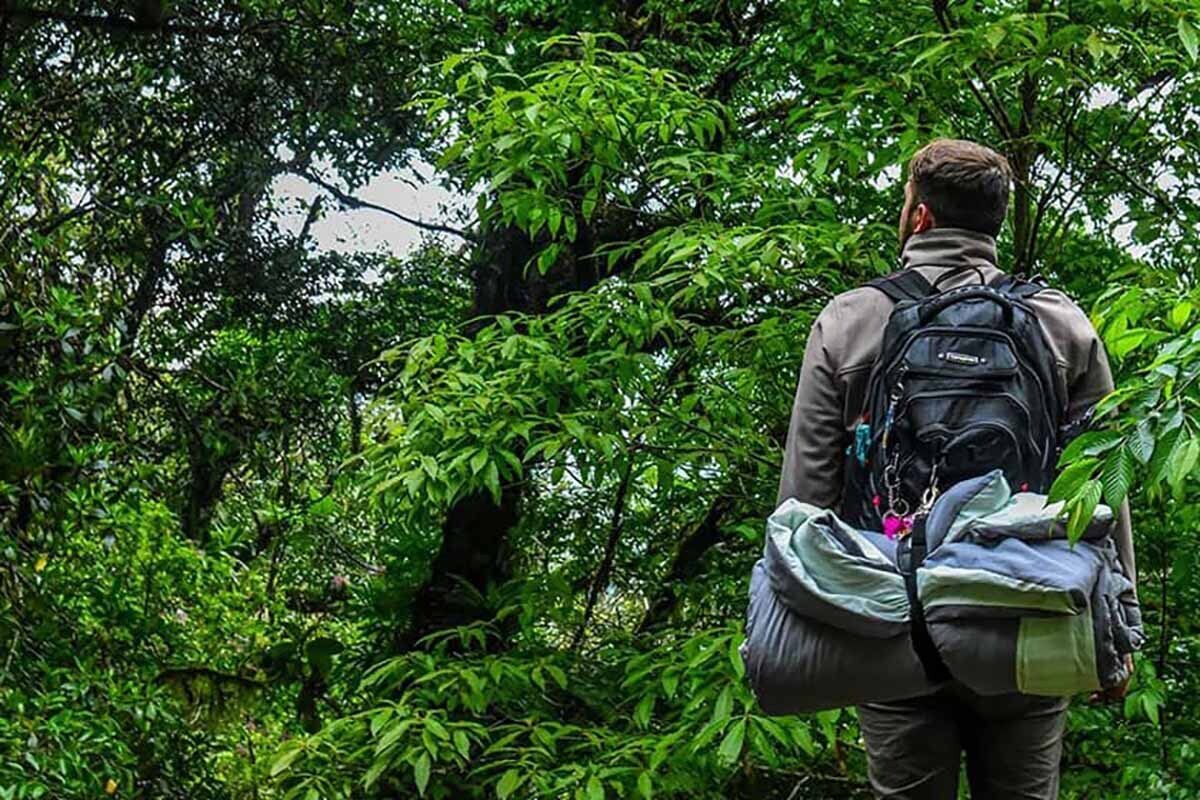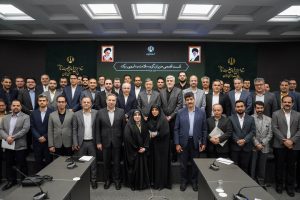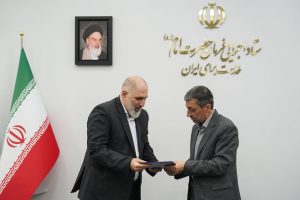
Health Ecotourism: A Therapeutic Approach for Managing Anxiety Disorders
Barekat Health & Pharmaceuticals Group: Anxiety disorders rank among the most prevalent mental health issues globally, profoundly impacting individuals’ quality of life and their ability to handle everyday challenges. Given the rising prevalence of these disorders and the escalating costs of treatment, alternative and integrative approaches for managing and alleviating anxiety symptoms are gaining attention. One such approach is health ecotourism—therapeutic trips to natural environments—which has demonstrated substantial positive effects on mental health, particularly among individuals with anxiety disorders.
The potential of health ecotourism, or therapeutic travel to natural areas, in enhancing the mental well-being of patients with anxiety disorders is an emerging and significant area of overlap between tourism and mental health. Studies reveal that exposure to natural settings—such as mountains, forests, or serene beaches—can provide notable psychological benefits, especially for individuals struggling with anxiety.
Nature Impacts on Reducing Anxiety
Scientific research demonstrates that spending time in nature can reduce cortisol levels, the hormone associated with stress. Additionally, nature exposure boosts serotonin and other “happiness” hormones, which play essential roles in alleviating anxiety. According to the Attention Restoration Theory, nature provides a respite from daily stressors, allowing the mind an opportunity to recover and recharge. Moreover, physical activities like hiking or nature walks promote the release of endorphins and dopamine, further reducing stress levels.
Thus, the following benefits of nature travel can be identified:
– Reduced Physiological Responses to Stress: Being in nature can lower heart rate and blood pressure, minimizing physiological stress responses. People often experience a sense of calm in nature, which can significantly reduce anxiety.
– Enhanced Focus and Reduced Mental Fatigue: Nature offers the brain a chance to recover attention. Since anxiety disorders often involve intrusive thoughts, focusing on natural landscapes and engaging in calming activities in nature helps patients distance themselves from these thoughts and rebuild mental clarity.
– Strengthened Sense of Connection and Belonging to Nature: Experiencing nature fosters a sense of connection to the environment. This sense of belonging can alleviate feelings of isolation and thereby improve anxiety.
– Release of Happiness-Inducing Hormones: Research indicates that activities such as walking in nature stimulate the release of endorphins, dopamine, and serotonin, directly contributing to feelings of joy and anxiety relief.
Health Ecotourism as an Anxiety Therapy
Health Ecotourism in Anxiety Reduction: Long-Term Benefits
Beyond short-term improvements, health ecotourism may yield long-term benefits for anxiety patients:
– Encouraging Healthy, Sustainable Behaviors: Therapeutic trips to nature often inspire patients to embrace activities such as walking and meditation, incorporating these habits into their daily lives, which contributes to anxiety improvement.
– Reducing Reliance on Anti-Anxiety Medications: Many patients, after positive nature-therapy experiences, tend to rely less on anti-anxiety medications and are drawn to natural therapies instead.
– Enhanced Resilience and Stress Adaptability: Frequent exposure to nature helps patients build resilience against daily stressors, gradually enhancing their ability to manage stress and anxiety.
Types of Therapeutic Travels in Health Ecotourism
In health ecotourism, therapeutic travel options are designed in various formats to maximize mental health benefits, including hiking, yoga and meditation programs in nature, hydrotherapy, natural hot spring baths, and camping and overnight stays in nature.
Activities such as walking in forests or mountains not only offer physical exercise but also allow patients to focus on the natural scenery and establish a connection with the environment, fostering a sense of accomplishment and self-confidence among anxiety patients. Practicing meditation and yoga in nature reduces stress levels and enhances focus; the soothing sounds of nature and concentrated breathing directly help reduce anxiety and instill calm. Furthermore, natural hot springs, known for their relaxing and therapeutic properties, are major health ecotourism destinations. Hydrotherapy improves blood circulation and reduces muscle tension, aiding in stress and anxiety relief. Additionally, spending nights in natural environments, particularly at night, allows patients to retreat from modern technologies, creating an experience of simplicity and renewal.
Challenges and Limitations
In Iran, despite having unparalleled natural resources, health ecotourism development faces several challenges. Many natural areas in Iran lack appropriate infrastructure such as accommodations and healthcare facilities to offer comprehensive health ecotourism services. Additionally, ecotourism guides need specialized training in the needs of anxiety patients and psychological support techniques to provide effective assistance.
A lack of awareness about the benefits of health ecotourism also poses a challenge. Many individuals, as well as organizations associated with tourism and healthcare, are not fully informed about the advantages of health ecotourism and its role in alleviating anxiety. Furthermore, economic issues and the high costs of therapeutic travel present obstacles. For many patients, the cost of travel to natural areas may be prohibitive due to economic constraints, potentially hindering access to this therapeutic approach.
Conclusion
Health ecotourism, by utilizing nature as a therapeutic resource, stands as an effective non-pharmaceutical option for managing patients’ anxiety and stress. Through natural landscapes, relaxing activities, and positive experiences in nature, health ecotourism aids patients in achieving inner peace and harmony with their surroundings. With infrastructure development and awareness-raising in this field, this therapeutic approach could become a viable solution for reducing anxiety and stress among patients in Iran.
-
Afghanistan’s Ministry of Public Health Delegation Meets Barkat Pharmaceutical Group Executives

-
Voice of Life in World of News — Redefining Health Journalism in the Information Age

-
Senior Health Officials & Barkat GD Visit Sobhan Oncology

-
Barkat Group specialized meeting

-
Safa Appointed as Barekat General Director

-
Barekat Health & Pharmaceutical Group at the 10th Iran Pharma Exhibition

-
Ali Safa visits Sobhan Oncology & Sobhan Darou

-
Pirsalehi & Safa visit Saman Daroo 8 Knowledge-based Company

